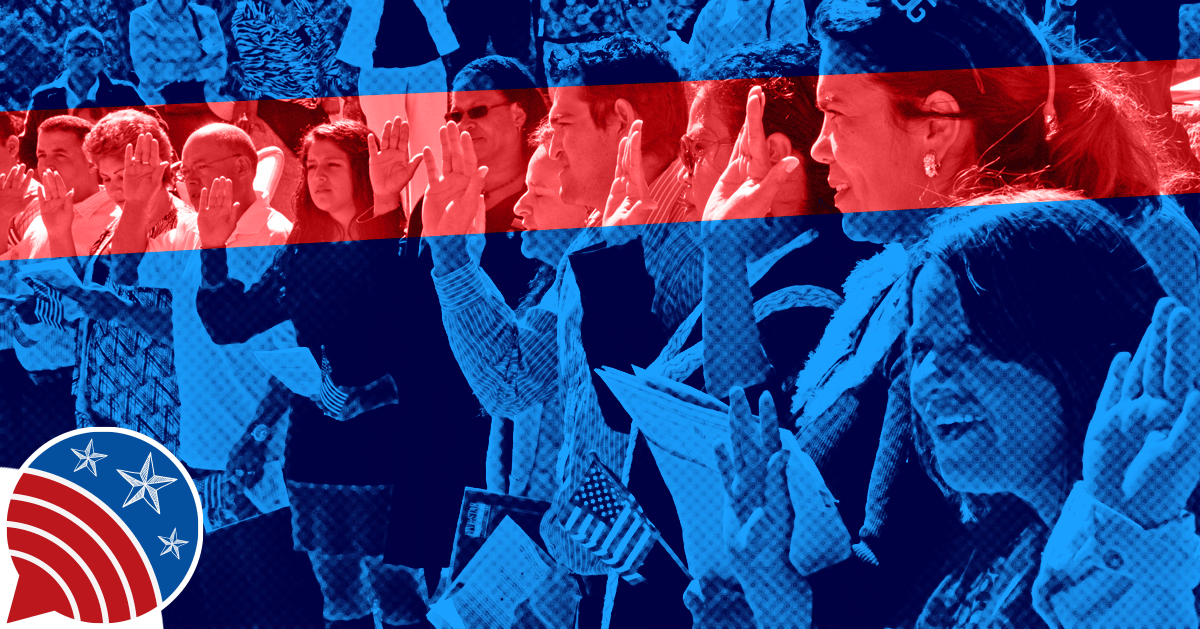
Citizenship
Overview
60-Second Civics Podcast:
- Citizenship at the Founding
- Citizenship Before the Civil War
- The 14th Amendment Transforms Citizenship
- Rights of Citizenship
- Birthright Citizenship
Beyond the Legacy Video:
Scholar:
Professor Henry L. Chambers, Jr.
University of Richmond School of Law
The Chinese Exclusion Act
The Chinese Exclusion Act was a significant piece of U.S. legislation passed in 1882, marking the first time a specific ethnic or national group was explicitly prohibited from immigrating to the United States. The law was aimed at Chinese laborers arriving in large numbers, particularly during and after the California Gold Rush and the construction of the Transcontinental Railroad. The act effectively halted Chinese immigration for ten years and declared Chinese immigrants ineligible for naturalization as U.S. citizens.The New Colossus
"The New Colossus" is a sonnet by the American poet Emma Lazarus (1849-1887). It was written in 1883 and is known for its association with the Statue of Liberty. The sonnet was written as part of a fundraising effort for the construction of the pedestal of the Statue of Liberty. The statue was a gift from France to the United States, but funds were needed to build the pedestal upon which the statue would stand. An auction of art and literary works was organized as part of these fundraising efforts.Additional Resources:






